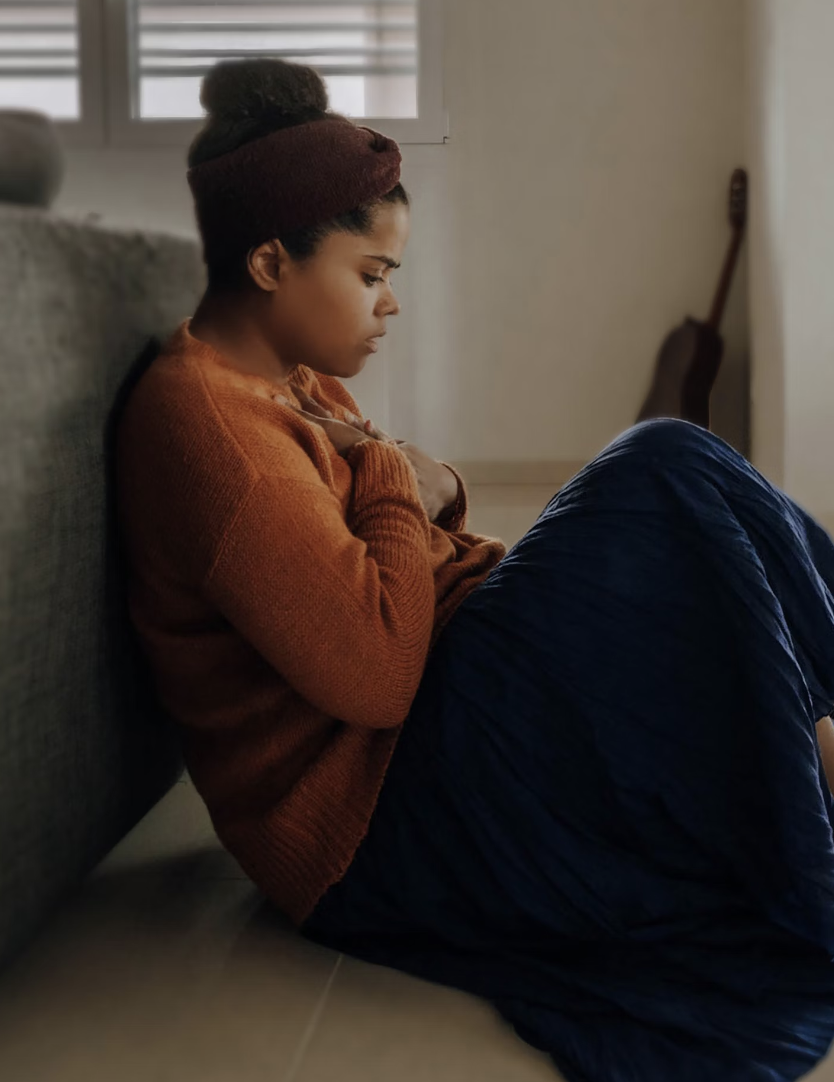Health Anxiety
Health anxiety is characterised by obsessive and irrational concern about your health. Formally known as hypochondria, health anxiety – like all anxiety conditions – can have severe symptoms and be debilitating.
A person with health anxiety can have little or no actual symptoms of physical illness and still find themselves preoccupied about their health. Why some people develop health anxiety is unclear – as with all mental health conditions, the root cause is often complex and varied. If you have yourself experienced a serious health issue in the past, or a loved one has, this may make your anxiety more likely to be health-related. During this time of the coronavirus pandemic, many more people may have experienced a certain level of health anxiety.
They are likely to be more concerned about more severe illnesses like cancer or HIV, and may assume the worst possible outcome when they do experience mild physical symptoms. People with health anxiety find it difficult to be reassured by their doctor and may spend considerable time researching illness online themselves.
Like anxiety generally, many people with health anxiety experience physical symptoms when they feel anxious. This can therefore be particularly difficult for someone with health-related anxiety, as the physical symptoms of anxiety will reinforce the belief that there is something medically wrong. When our brain responds to anxiety, we are flooded with adrenaline and cortisol, causing physical symptoms related to the fight-flight-freeze response.
For example, a person with health anxiety may feel their chest tightening and think they are having a heart attack, without recognising this as a common – though of course highly unpleasant – symptom of the anxiety itself. This isn't the same as saying that the physical sensations are imaginary, far from it. The physical sensations are very real, but they are not symptoms of disease as the health anxious person may assume.
The physical symptoms of health anxiety
- Tight chest
- Dizziness
- Stomach aches
- Headaches
- Rapid heart rate
- Tingling in hands and feet
- Tension in the muscles
%2Ff%2F288577%2F5852x2780%2F3400ef24a0%2Fsimon-abel-psyndmxcpji-unsplash-1.jpg&w=3840&q=75)
The emotional and psychological symptoms of health anxiety
Along with the physical sensations above that are common to all anxiety disorders, those specific to health anxiety include:
- being constantly worried about your present or future health
- feeling convinced that you will eventually become unwell
- checking your body frequently for signs of illness
- visiting the doctor or A&E frequently and only experiencing temporary relief
- worrying that tests or doctors missed something
- spending significant time looking at information online about illness
- allowing fears of illness to inhibit you from doing things day-to-day or from engaging in certain activities
Counsellor Joanne Freeman and author Lucy Nichols talk about health anxiety
How can therapy help?
Being concerned about our health from time to time is normal. A healthy amount of concern about our health can even help us to make beneficial choices that support our long-term vitality. However, like anything, if it comes to interfere with your daily life, you should seek support.
Consider support if:
- you feel consistently stressed or low
- you feel unable to enjoy things you used to enjoy
- you are struggling to maintain or make relationships
- your work or academic life is suffering
Psychotherapy and/or counselling can he helpful for health anxiety. Like many anxiety disorders, cognitive behavioural therapy (CBT) is considered a helpful means of addressing the cyclical and intrusive nature of health anxious thoughts and behaviours. CBT can help you identify your triggers and your beliefs and help you to cope better with stress and anxiety generally.
For some, body psychotherapy may be a means of readdressing the relationship between self and body, helping you to learn to read your body more effectively.
Often, it's the relationship you have with your therapist that is the most important factor in successful therapy. So, with the right person, you may find that the space to talk safely and openly about your fears, with someone who is there to support you, can be enough to help soothe anxiety in itself.
Last updated 7 October 2024
Related

What is body psychotherapy?

Understanding anxiety

To my client who has anxiety

What is CBT?

What is acceptance and commitment therapy?
"I was unsure what kind of therapy might be right for me and your matching service helped immensely. I was able to find somebody nearby who could see me extremely quickly. Using welldoing.org was one of the best things I've ever done!”
JJ, Warwickshire